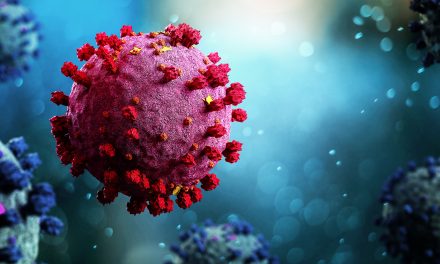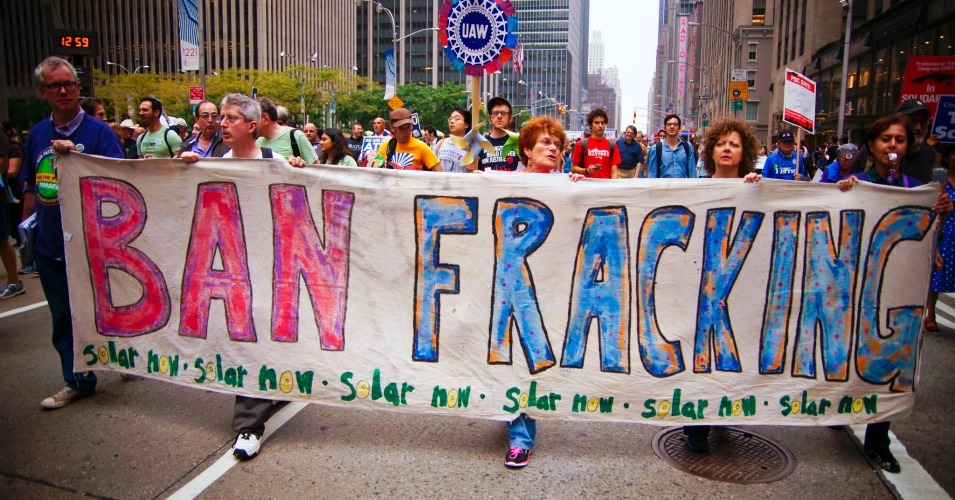The murder of Leah Freeman has struck me hard not only because a bright, energetic, funny and beautiful young teen didn’t make it home to her mother but because of personal experiences dealing with the agony of fear mixed with the only thing we have left which is hope. When my boy was in Iraq I monitored every news event related to Marines in Ramadi. Every casualty, every IED, every independent journalist who filed a report was coveted and poured over each day as I dug for information and news. Almost everyday I would receive a news alert that a Marine had been wounded or killed and I literally reacted by emptying the contents of my stomach into the toilet until I learned, somehow, as the hours passed that the casualty was a different rank, a different company, a different platoon, only to have my relief replaced with the understanding that some other Marine mom had suffered the worst nightmare I had miraculously been spared. It is a bittersweet sense of relief.
In the fall of 1998, my mother went missing. My sister and I tracked her through her credit card transactions to Eureka, California about three hours from where I lived at the time and after a week we reported her missing. For four long months we searched for her and because she was an alcoholic we called every rehab center, hospital, support group we could find in the western states in a vain effort to find her. While my siblings and I knew in our hearts the worst, we still held on to some vague hope that one day she would appear, contrite yet convivial, healthy and sound and be with us again. For four months we held on to the desperate hope she would one day return until one day, two days after Christmas, a sheriff’s deputy stopped by to tell us her car and remains had been found 250′ down an 800′ cliff off Hwy One near Leggett, California, just fifty miles or so from my Mendocino home. It was a cruel but necessary end to a tormented season of false hope overshadowing a brooding sense of despair. The discovery of her remains forced us to face the loss of our mother and gave us leave at last to grieve for her and mourn.
Having lived through these experiences I can still only imagine what it was like for Leah’s mother, Cory Courtright, to learn that the tiny sliver of hope, the anxiously anticipated sound of a voice, the longed for feel of a warm hug that she had clung to for five long and frenetic weeks was finally dashed forever. Not knowing the truth can be both a horrific curse and a twisted blessing, think of Jeremy Bright’s family. (Perhaps, just perhaps, he is alive and well somewhere. We CAN still hope).
It is from this perspective, more or less, that I have taken in the sights and sounds, the drama, theater and stagecraft of the lawyers, the emotional ups and downs of last conversations and the dry and often perfunctory testimony about cause and manner of death that are all a part of this murder trial. The trial has clearly taken a toll on everyone, the regular audience, the media and, though they don’t show it, the counsel.
The most striking change has been in the defendant, Nick McGuffin. Gone are the relaxed and easy smiles and confident demeanor he exhibited when first the trial began. In the last few days he seems noticeably more agitated, he swallows frequently, his breathing is marked by deep breaths and audible exhalations and he no longer is leaning forward and writing notes but slumped back in his seat staring at the table. It is not that surprising that he will not testify on his own behalf as he seems less sure of himself, (although I understand if he did it would allow the prosecutor to enter recorded phone calls from jail into evidence which may have more to do with the decision). Only the nameless jury members seem unchanged from the first day of the trial and yet, of all the jobs in that courtroom, theirs is the one I would want the least.
As a parent of teens and post teens I have listened to the testimony of several witness, many just fifteen or sixteen years old at the time Leah went missing, and the discrepancies between their testimony in 2000 versus their testimony today seem completely typical of young kids. Anyone who has ever asked a teenager a question knows that if you are lucky enough to get a “yes” or “no” out of them doesn’t mean they will volunteer what you might think are relevant details unless you ask them. They might tell you, “yes, I saw Susie”, but if you want to learn that Susie was at the mall, at 2:15 PM talking with Dave, Johnny and Molly in front of the Orange Julius dressed in a green shirt and blue shorts with flip flops and had her cell phone in her hand and was smoking a cigarette, etc… Well, all that you will just have to meticulously and laboriously tease out of them.
A former Coquille police officer I wrote about on occasion was arrested a while back and it became news that he and his wife shared an eclectic sex life. When I brought this information to my 23 year old son thinking it would be news to him, he had known about it for ages. “Why didn’t you ever mention it?” I asked him. “I don’t know”, he answered, “I guess because everyone knew and I figured you did too”. The point of this story is that what may have seemed like important information may not have been passed on at the time because some of these kids figured everyone knew it already.
The real side story is how distrust of the police department under then police chief, Mike Reaves, negatively affected this case and the lives of not only the victim’s family but the killer as well. Witnesses, especially kids were afraid to step forward and for those grilled in the courtroom recently, it was a real act of courage for some of them. It is unclear to me whether the jury fully understands, even though Reaves has taken some heavy blows on the witness stand, the permeating culture of fear and distrust within this community regarding the Coquille PD, especially the youth, during that period of time.
It is hard after hearing some of the testimony not to consider whether Reaves deliberately threw this case. Is it possible he made a decision at the time to further sacrifice one, in his mind less consequential family in order to save another more prominent family? It has happened before.
Assuming, for an instant, that Nick McGuffin did kill Leah Freeman eleven years ago it doesn’t seem very likely to me that he planned her murder, but rather it was a spur of the moment event that went wildly and horribly out of control. If that is the case and if McGuffin had come forward at that time, instead of facing twenty five years in prison, this now might be almost behind him.
What difference a timely resolution may have made for the Freeman family cannot be guessed but today, eleven years later, at least some people will know they did their best to find justice for Leah.



